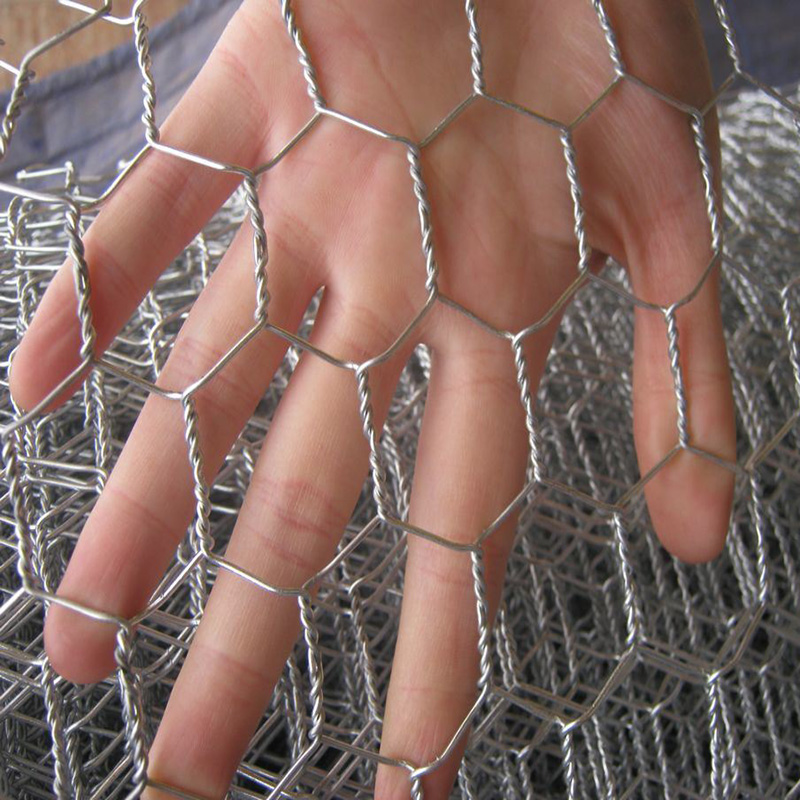-
+86 15030157877
-
sales@galvanizedmetalmesh.com
Dec . 24, 2024 22:29 Back to list
Expanded Metal Mesh Manufacturing Process for Industrial Applications and Custom Solutions
The Role of Expanded Metal Mesh Factories in Modern Construction
Expanded metal mesh has emerged as a vital material in various industries, particularly in construction, automotive, and architecture. An expanded metal mesh factory plays a crucial role in producing this versatile material, which is known for its unique properties of strength, durability, and lightweight design. This article explores the significance of expanded metal mesh factories, their production processes, and the applications of expanded metal mesh in modern construction.
Understanding Expanded Metal Mesh
Expanded metal mesh is created by cutting and stretching a sheet of metal, typically aluminum, steel, or stainless steel, into a lattice structure. This process not only enhances the material’s strength but also reduces its weight, making it an economical choice for many applications. The result is a sheet with a series of diamond-shaped openings, which can be customized in size and thickness according to specific requirements.
Production Processes at Expanded Metal Mesh Factories
The production of expanded metal mesh begins with high-quality metal sheets. Factories employ various techniques to ensure the utmost precision and quality in their products. The first step involves the selection of the appropriate metal type based on the intended application. For example, galvanized steel is often chosen for outdoor applications due to its corrosion resistance, whereas aluminum is favored for its lightweight characteristics.
Once the metal sheets are selected, the expansion process begins. This involves cutting the sheet with a pattern that will eventually become the openings of the mesh. After cutting, the sheet is then physically expanded using machines designed to stretch the material while maintaining structural integrity. This is a critical stage of production, as the quality of expansion directly affects the final product’s strength and aesthetics.
Post-expansion, the mesh is often treated with various coatings or finishes to enhance its resistance to environmental factors. This can include powder coating, galvanization, or anodizing, depending on the intended use. Factories ensure that these treatments meet industry standards, which guarantees durability and safety.
expanded metal mesh factory

Applications in Modern Construction
The versatility of expanded metal mesh makes it suitable for a wide array of construction applications. One of its primary uses is in building frameworks and facades. The mesh provides excellent support and can be utilized in both structural and decorative roles. Architects and builders appreciate its ability to allow for aesthetic designs while providing strength and safety.
Another significant application of expanded metal mesh is in safety features. It is frequently used in walkways, ladders, and grating systems to ensure traction and prevent slips and falls. The open structure facilitates drainage and airflow, making it ideal for areas exposed to moisture, such as outdoor balconies, rooftops, and industrial settings.
In addition to these functional aspects, expanded metal mesh is also used in acoustic panels, helping to manage sound in various environments. This application is crucial in urban construction, where sound pollution is a concern. The mesh can diffuse noise while maintaining an open feel in spaces such as offices, theaters, and public areas.
The Future of Expanded Metal Mesh Factories
As construction technologies evolve, the demand for innovative materials like expanded metal mesh is likely to grow. Factories are increasingly adopting advanced machinery and automation techniques to enhance production efficiency and product quality. Furthermore, with the rise of sustainable construction practices, the use of recycled metals in the production of expanded mesh is becoming more prevalent, aligning with global sustainability goals.
In conclusion, expanded metal mesh factories play an indispensable role in modern construction. Their ability to produce high-quality, versatile materials significantly contributes to the efficiency, safety, and aesthetics of various building projects. As the industry continues to evolve, these factories are poised to meet the growing demands for innovative construction solutions, ensuring that expanded metal mesh remains a fundamental component of architectural design and engineering.
-
Premium Eco-Friendly Roof Tiles | Affordable & Durable
NewsJul.31,2025
-
Premium Roof Tiles for Durable & Stylish Roofing Solutions
NewsJul.30,2025
-
High-Quality Roof Tiles for Durable & Stylish Roofing Solutions
NewsJul.29,2025
-
High Quality Square Wire Mesh Manufacturer & Supplier for Wholesale
NewsJul.29,2025
-
Premium Roof Tiles for Durable & Stylish Roofing Solutions
NewsJul.29,2025
-
Hexagonal Gabion for Slope Protection & Retaining Walls | Durable Wire Mesh
NewsJul.29,2025



